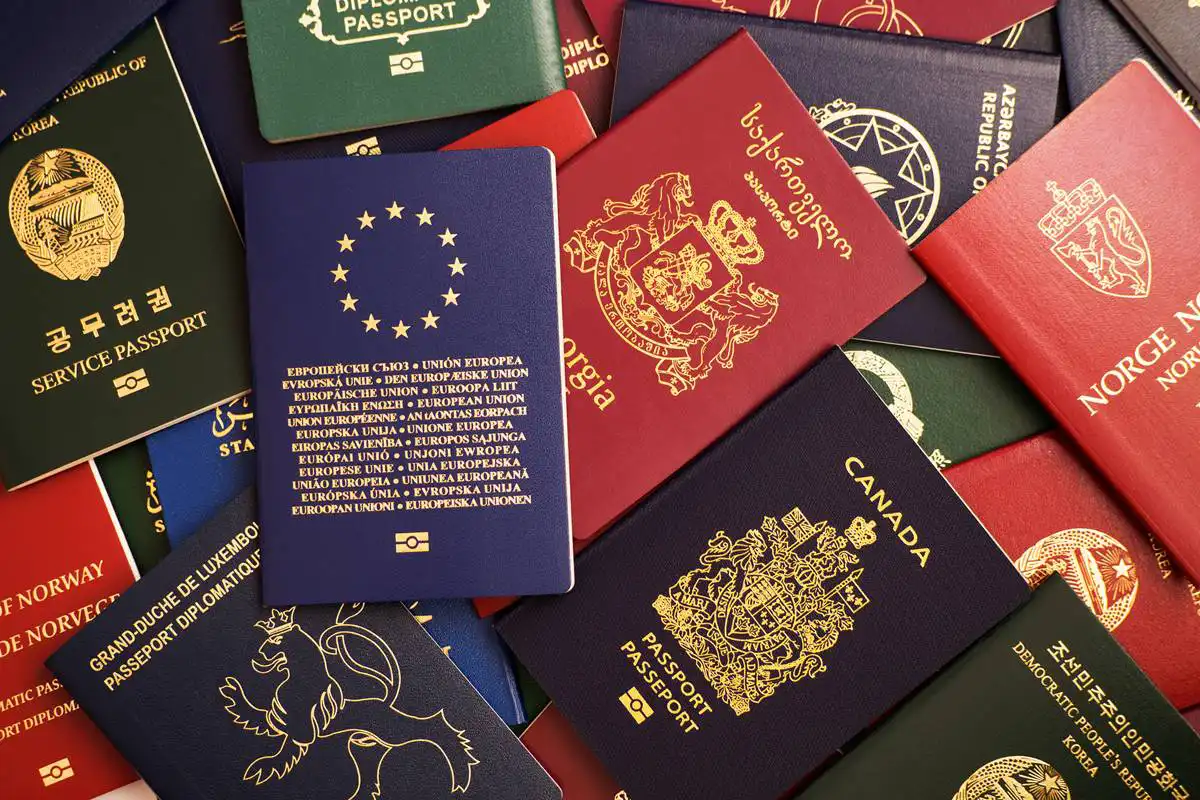
Top Work Visas Expected to Remain Accessible In 2025
As global labour markets continue to evolve, certain work visa programs have become notably more accessible.
These visas are designed to attract skilled workers, with some countries simplifying the application process to address labour shortages and skill gaps.
In 2024, five work visa programs stood out as the easiest to obtain, with projections that they will remain popular in 2025. These are:
Estonia’s D-Visa
Estonia’s D-Visa, according to DAAD, has earned a reputation for being easy to obtain, especially for those in the tech and startup sectors.
§ Estonia’s government continues to prioritize digital innovation, actively seeking skilled professionals to contribute to its growing tech ecosystem. This visa remains highly attractive to digital nomads and remote workers due to its straightforward application process.
§ The country’s push to become a leading digital nation has not only resulted in the D-Visa’s ease of access but also supported the growth of e-residency programs, which help foreign workers set up businesses remotely.
The outlook for 2025 remains favourable, DAAD informs; with no major changes expected to the visa system for skilled professionals.
Lithuania’s work visa
Lithuania’s work visa program is projected to remain accessible, as reports inform that the country faces skill shortages in key sectors such as technology, manufacturing, and logistics.
§ The process is designed to be simple for skilled workers, making it easier for foreign professionals to obtain a work permit.
§ However, mid-year, Lithuania introduced stricter requirements, along with the introduction of a temporary residence permit for longer stays.
These changes, as informed, are part of the country’s effort to better manage immigration while still attracting the talent it needs. Despite these adjustments, Lithuania’s work visa is expected to remain relatively open to high-demand professionals through 2025.
New Zealand’s skilled migrant visa
New Zealand’s Skilled Migrant Visa is reported to be one of the favourable options for foreign professionals, particularly in sectors like healthcare, engineering, and IT, where the country depends on skilled workers. In 2024, the visa system was updated to focus on attracting highly qualified individuals for residence.
§ Applicants now need to score at least 6 points based on their skills, qualifications, and work experience in New Zealand.
§ They must also have a job offer from an accredited employer or be currently employed in a skilled role in the country to be eligible.
§ According to DAAD, the application process now includes an Expression of Interest (EOI) step, and only successful applicants will be invited to apply. Immigration New Zealand will manage the number of applications, which could affect processing times.
A new Interim Visa was introduced to help applicants stay in New Zealand while their residency application is processed. These changes aim to attract skilled migrants who can contribute to the country’s economy.
In 2025, reports say that New Zealand’s visa system will still prioritize skilled immigration, with the points-based system remaining to ensure high standards.
The process has been made simpler for qualified candidates, and no major changes are expected.
Australia’s working holiday visa:
Australia’s Working Holiday Visa program offers a unique solution to address labour gaps in seasonal and temporary industries such as hospitality, tourism, and agriculture.
§ The visa is particularly attractive to younger workers, as it allows them to live and work in Australia while experiencing the country.
§ The program, reports give, has been key in filling workforce shortages, particularly during peak seasons. This year, Australia continued to maintain flexibility within the visa, with discussions around potentially expanding the program’s eligibility, including increasing the age limit and expanding the list of participating countries.
This flexibility is expected to continue in 2025 as Australia aims to address ongoing labor shortages.
Germany’s job seeker visa
Germany’s Job Seeker Visa allows skilled professionals to enter the country and look for work in sectors with labour shortages, such as healthcare, engineering, and IT. This visa, as reported,is part of Germany’s strategy to address its aging population and fill gaps in its labor market.
§ The Job Seeker Visa is expected to remain a popular option for skilled workers in 2024 and beyond. In 2025, DAAD informs that discussions are underway to further ease bureaucratic hurdles, ensuring foreign talent can more quickly integrate into the workforce.
§ Germany’s proactive approach to attracting skilled workers has made this visa a reliable pathway for professionals seeking employment in the country.
These five work visas have been recognized for their accessibility in 2024, and with some expected to remain open into 2025, they offer promising opportunities for skilled professionals looking to work abroad.
Credit: https://nairametrics.com/
NB: The images and/or content, except where otherwise indicated, are taken directly from the web, if some images or content were inserted by mistake violating the copyright, please contact the administrator for immediate removal.
We publish all content with good intentions. If you own this content & believe your copyright was violated or infringed, please contact us for immediate removal.
